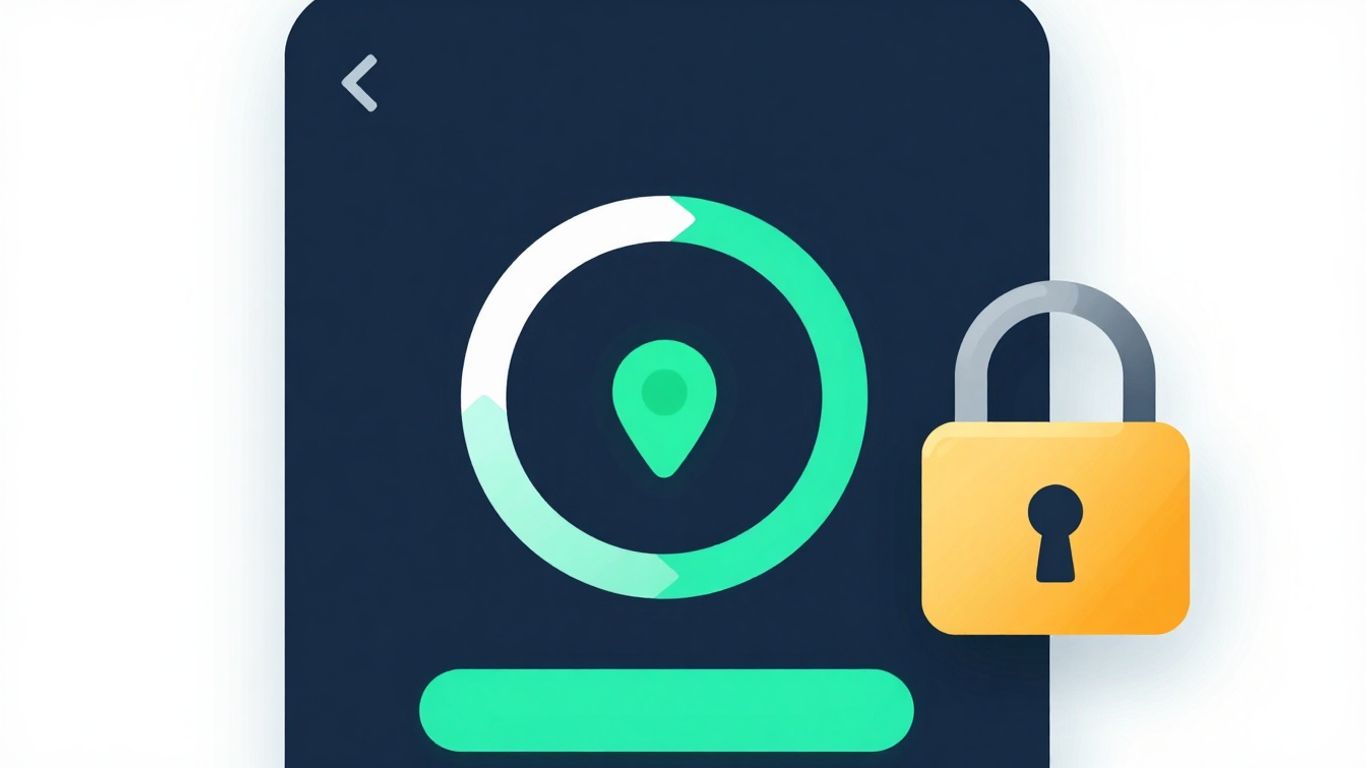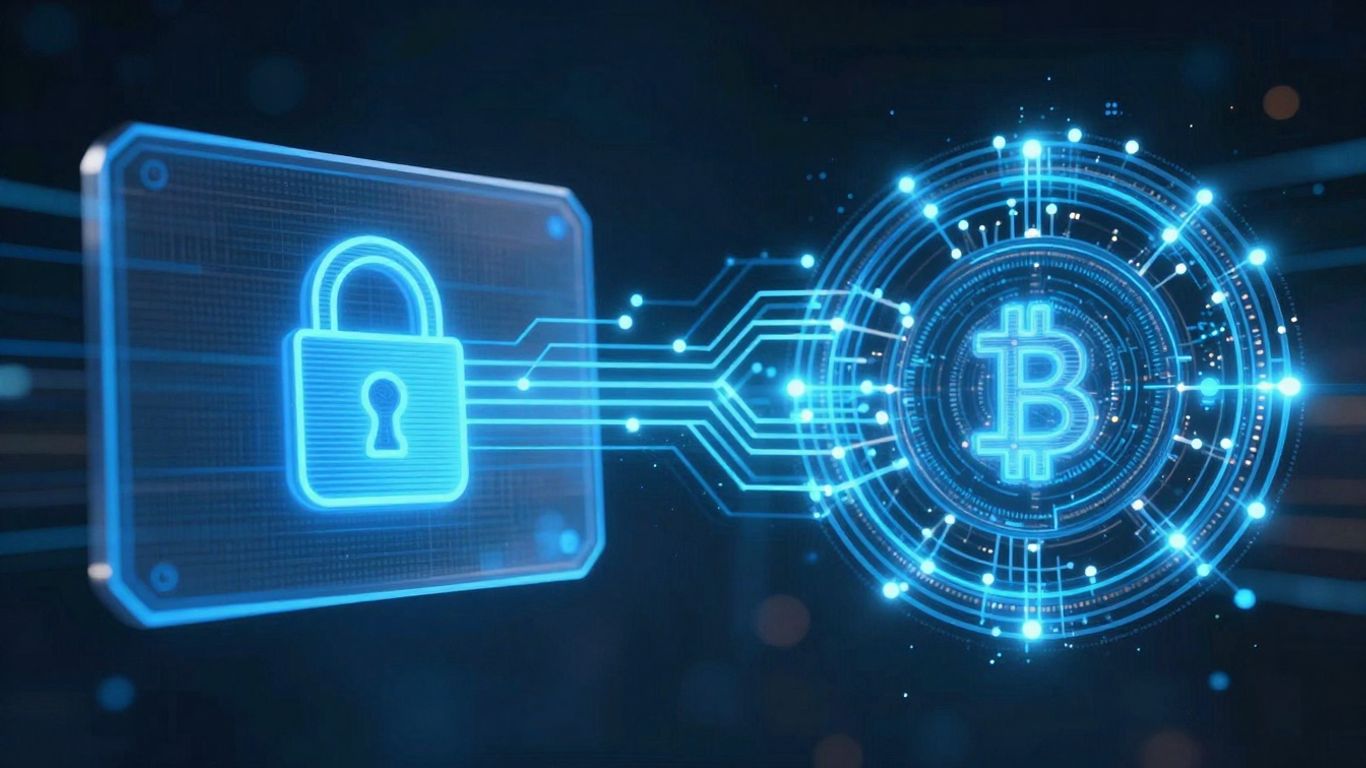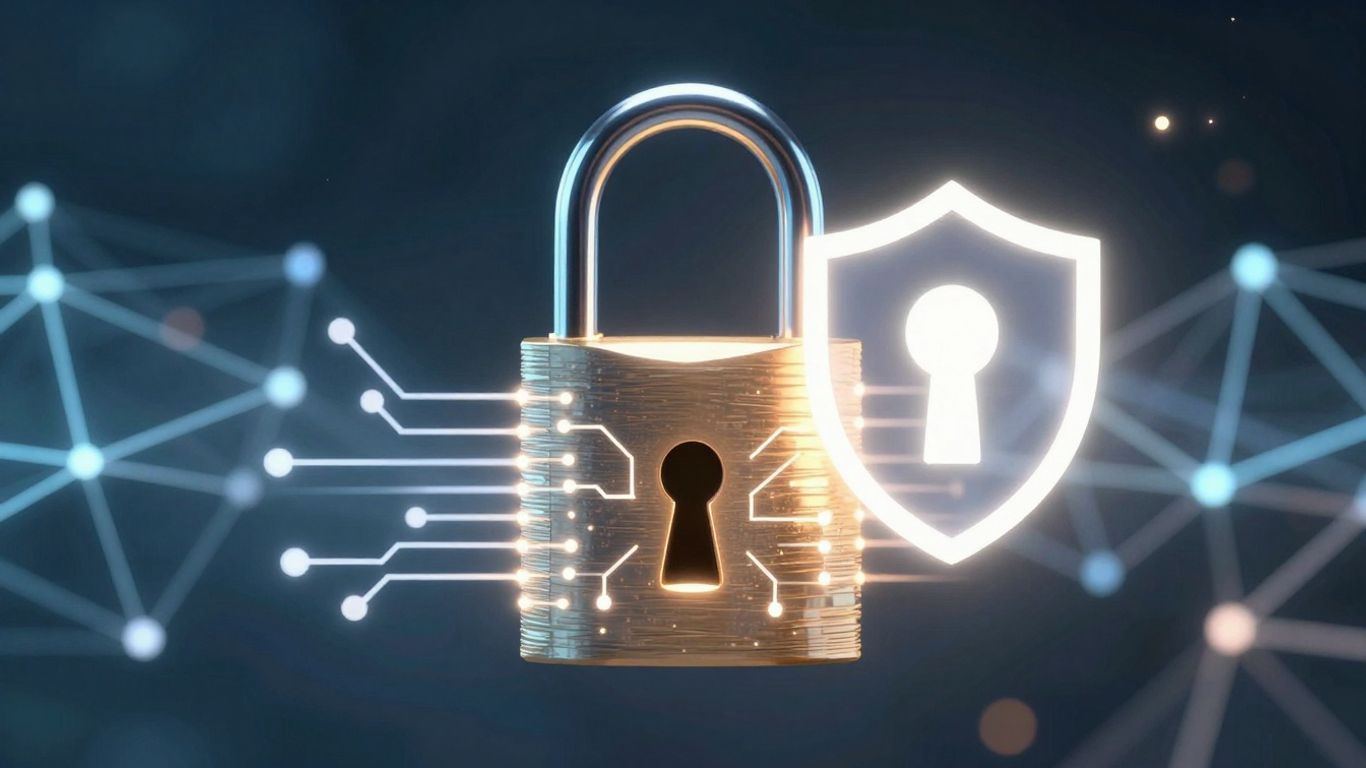[ newsletter ]
Stay ahead of Web3 threats—subscribe to our newsletter for the latest in blockchain security insights and updates.
Thank you! Your submission has been received!
Oops! Something went wrong. Please try again.
Lost your wallet? Learn how to track a wallet, retrace your steps, leverage community, and use tech to find it fast. Act quickly to protect your finances.





Losing your wallet can feel like a total disaster. Suddenly, you're not just out of cash, but you're also worried about your cards and personal info. It's a stressful situation, for sure. But don't panic just yet. There are definitely steps you can take to try and get it back. This guide will walk you through how to track a wallet, from retracing your steps to using some pretty neat tech.
Okay, so the panic has set in. Your wallet is gone. Before you start tearing your hair out, let's take a deep breath and think logically. Most of the time, a lost wallet isn't truly lost, it's just misplaced. The first step is to go back through your recent movements in your mind.
Start with the most obvious places. Where do you usually put your wallet when you get home? Check the usual suspects: the kitchen counter, your bedside table, the entryway console, or even that junk drawer you try not to think about. Don't just glance; really look. Move things around. Check under mail piles, inside bags you might have dropped there, and even in the pockets of the clothes you were wearing earlier. Sometimes, it's just hiding in plain sight.
When searching your home, try to be methodical. Pick a room and search it completely before moving to the next. This prevents you from getting overwhelmed and missing spots.
Think about everywhere you've been since you last remember having your wallet. Did you stop for coffee? Grab lunch? Go grocery shopping? Make a list of these places. It's highly probable your wallet is still at one of these locations.
Here's a quick rundown of places to call:
This might sound simple, but it's amazing how often a wallet can be tucked away in a pocket or bag you've already checked, but not thoroughly enough. Sometimes, you might have put it in a different bag than usual, or a jacket pocket you rarely use. Take a moment to empty out the contents of any bags you've used recently. For pockets, turn them inside out if you have to. It's a bit of a hassle, but it's better than losing your cards and cash for good.
Losing your wallet can feel like a total mess, right? You're probably already thinking about all the important stuff inside. But before you panic too much, there are some solid steps you can take to get help and protect yourself. It's all about reaching out to the right places and letting them know what happened. Don't underestimate the power of a quick call or a post online.
This might seem obvious, but it's often overlooked. If you think you lost your wallet in a specific place like a store, restaurant, public transport, or even a park, their lost and found is your first stop. Many places keep items for a while, hoping the owner will come back. It's worth a shot, especially if you remember the general area where you last had it.
It's a good idea to have a rough idea of when you might have lost it. This helps the staff narrow down their search and makes it easier for them to check if anything matching your description has been turned in.
In today's connected world, social media can be a surprisingly effective tool. Local Facebook groups, neighborhood forums, or even a quick post on your own profile can get the word out. People are often willing to help a neighbor in need, and someone might have found your wallet and posted about it, or they might see your post and keep an eye out.
While the police might not be able to actively search for your wallet, filing a report is a smart move, especially if you suspect it might have been stolen or if it contains important identification like a driver's license or passport. A police report can be useful later if any fraudulent activity occurs using your lost identification.
Okay, so you've realized your wallet is gone. Take a deep breath. Panicking won't help, but acting fast will. This is the part where you need to be really proactive to stop any potential trouble before it starts. Think of it like damage control for your finances and identity.
First things first, try to get a handle on the panic. It's totally normal to feel stressed, but a clear head is your best tool right now. Sit down for a minute, maybe grab a glass of water. Think back to your day, step-by-step. Where were you? Who were you with? What were you doing? Jotting down a timeline can really help jog your memory and pinpoint when and where you might have lost it. This mental exercise is key to figuring out your next moves.
This is super important. If you have any bank cards, credit cards, or even checks in your wallet, you need to call those places immediately. Most banks and credit card companies have a 24-hour line for lost or stolen cards. You can often lock your cards right from their mobile app too, which is a good first step. When you call, tell them your cards are missing. They'll cancel the old ones and send you new ones with different numbers. This stops anyone from using your cards for unauthorized purchases. Federal law actually limits your liability for fraudulent charges if you report the loss quickly, so don't delay this step. It's a good idea to have a list of everything in your wallet, like card numbers and expiration dates, before you lose it, but if you don't, just do your best to recall what you had. This is a good time to check your recent transactions for anything suspicious.
Even if you think your wallet was just misplaced, it's wise to file a police report, especially if you had identification like your driver's license or social security card in there. This report can be really helpful if someone tries to use your identity for fraudulent purposes later on. It creates an official record of the loss. You'll likely need to get a replacement driver's license from the DMV, and sometimes having that police report can make the process smoother. Also, if you had any house or car keys in your wallet, you might want to consider changing your locks or at least getting new keys made for your peace of mind.
Here's a quick rundown of who to contact:
Losing your wallet can feel overwhelming, but remember that taking these immediate protective steps is your best defense against potential identity theft and financial fraud. Stay calm, be methodical, and act swiftly to secure your information and accounts.
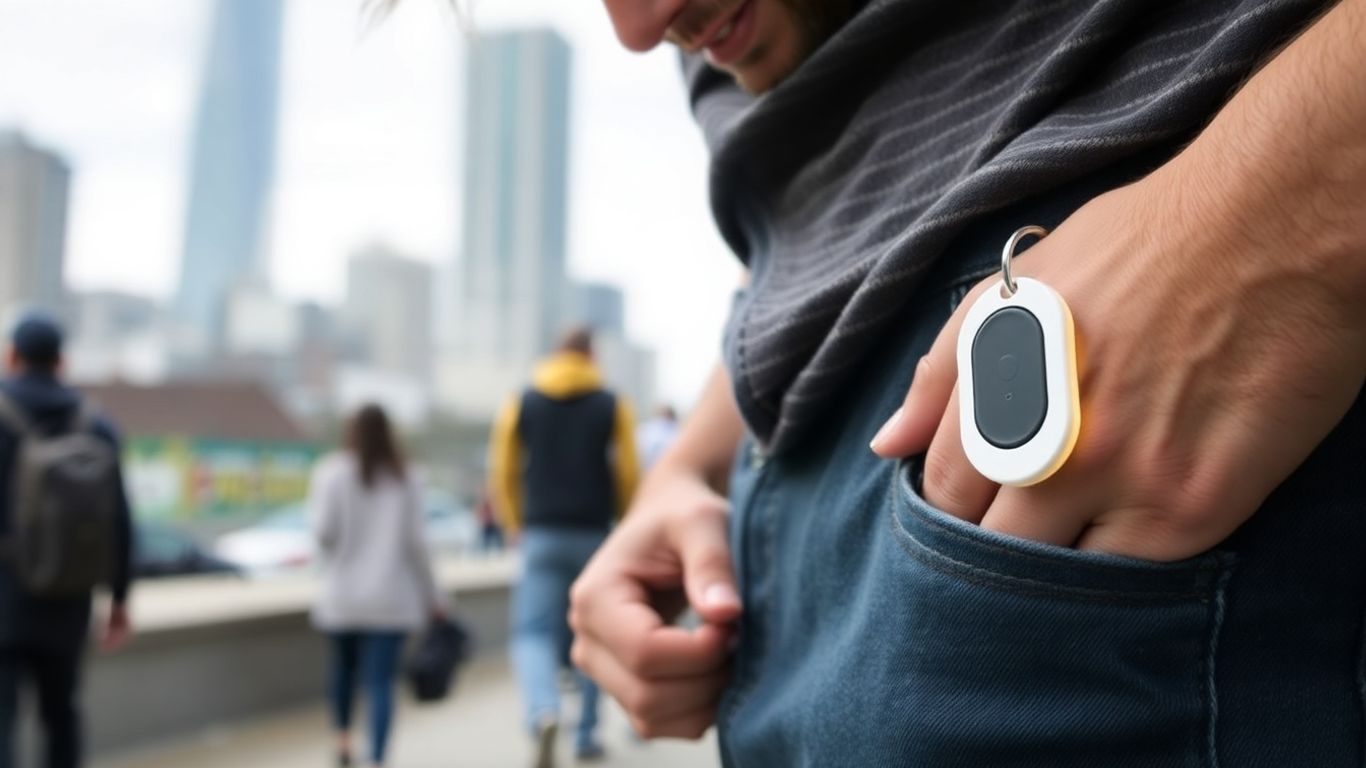
Okay, so you've tried the old-school methods and maybe even called a few places. Now, let's talk about the fancy stuff. Technology has really stepped up its game when it comes to finding lost items, and your wallet is no exception. We're talking about those little gadgets that can give you some serious peace of mind.
These aren't magic wands, but they're pretty close. Most wallet trackers work by using a combination of technologies. Think Bluetooth for when your wallet is nearby – like if it slipped between the couch cushions. This usually has a range of a few hundred feet. Then there's the more impressive part: the global lost-and-found network. This network uses other people's devices, anonymously, to help pinpoint your wallet's location, even if it's miles away. It's like a massive, crowd-sourced search party for your wallet.
This is where things get really interesting. Services like Apple's Find My network or Google's Find Hub act as a backbone for many trackers. If your wallet is lost out in the wild, these networks can help. Other people's phones or compatible devices that pass by your lost wallet can anonymously report its location. It's pretty amazing when you think about it – a whole community of devices working together. The accuracy can be surprisingly good, giving you a map right on your smartphone.
There are a bunch of these things out there now, and they're getting pretty slick. Some are designed to be super thin, like a credit card, so they just slide right into your wallet without adding bulk. Others might be a bit more noticeable, like a small disc. Here's a quick look at what to expect:
The best part about these smart trackers is that they often integrate with the apps you already use on your phone. This means less clutter and a more straightforward way to keep tabs on your belongings. Plus, many have long battery lives or even rechargeable options, so you're not constantly swapping out tiny batteries.
Here's a little comparison to help you think about it:
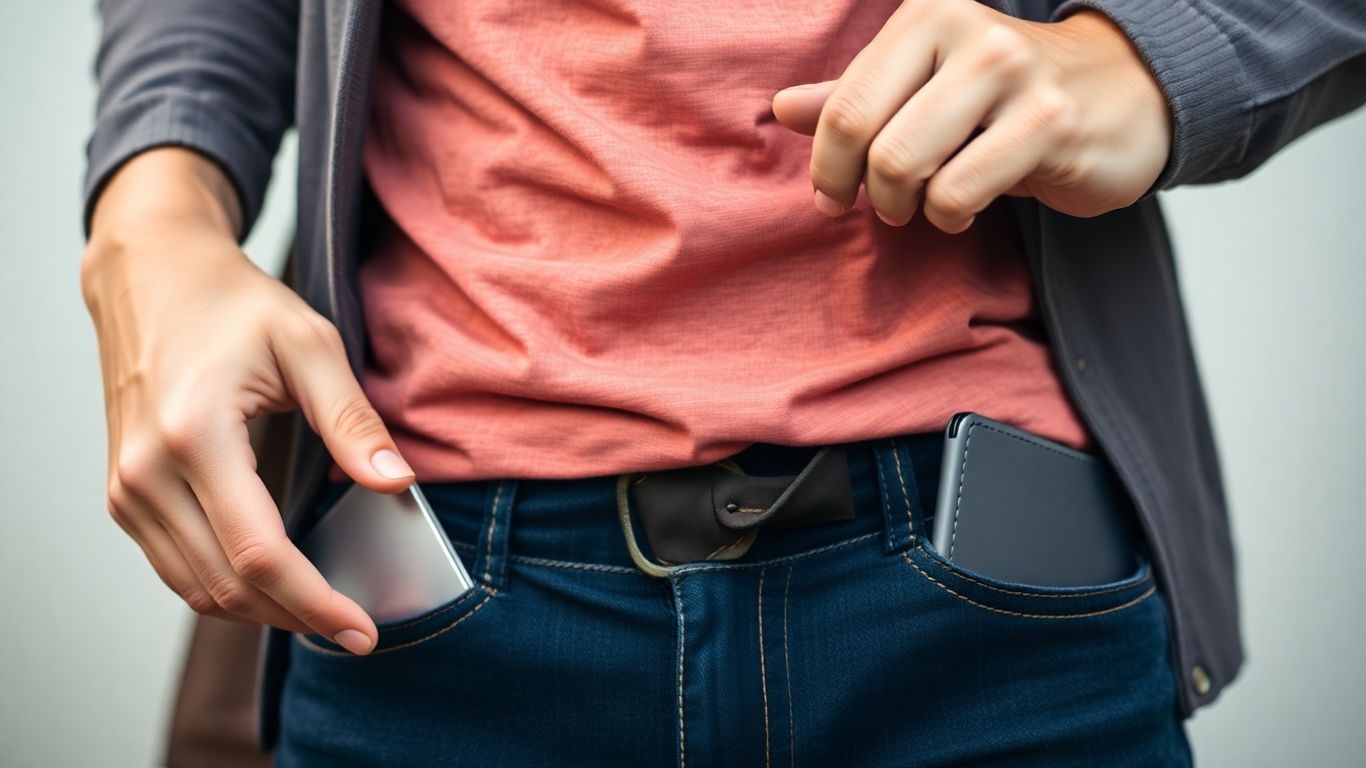
Losing your wallet is a real pain, right? It's not just about the cash inside; it's the hassle of replacing cards, the worry about your ID, and the general feeling of being disorganized. But hey, it happens to the best of us. The good news is, we can get smarter about keeping track of our essentials. Let's talk about how to make sure this doesn't become a regular occurrence.
This might sound super simple, but it's probably the most effective trick in the book. Pick a designated spot for your wallet and stick to it. Think of it like a dog's bed, but for your wallet. When you get home, put it there. Every. Single. Time. This could be a specific bowl on your entryway table, a hook by the door, or even a particular drawer in your dresser. The idea is to create a habit so automatic that you don't even have to think about it. When you're rushing out the door, you'll know exactly where to grab it from, and when you come back, you'll know exactly where to put it. It cuts down on those frantic
Look, losing your wallet is a real pain, no doubt about it. You've gone through the steps, retraced your paths, maybe even called a few places. Hopefully, you found it! But if not, remember to take care of the important stuff like canceling cards and keeping an eye on your accounts. And hey, moving forward, maybe think about one of those little trackers. They're pretty handy and could save you a whole lot of stress next time. It’s just a small thing that could make a big difference.
Take a deep breath and try to stay calm. Panic makes it harder to think clearly. Then, immediately start retracing your steps. Think about everywhere you've been since you last remember having your wallet. Check your pockets, your bag, your car, and any places you sat down.
Wallets often end up in places you wouldn't expect. Check between couch cushions, under furniture, in the pockets of clothes you wore recently, on kitchen counters, or even in the bathroom. Sometimes they just slip into a bag you haven't used in a while.
Absolutely. If you were at a store, restaurant, or used public transport, call their lost and found. Describe your wallet in detail. Many times, honest people turn in found items, and the staff can hold onto them for you.
This is super important. Contact your bank and credit card companies right away to cancel your cards. This stops anyone from using them if your wallet has been stolen. They can then issue you new cards.
Yes! You can get small tracking devices that fit right into your wallet. These devices connect to your phone and can help you locate your wallet using Bluetooth or a larger network of other users' phones. Some even have a loud sound to help you find it nearby.
To avoid losing your wallet again, try keeping it in the same spot every day, like with your keys. Some people find it safer and easier to carry in a front pocket. Investing in a wallet tracker is also a great idea for peace of mind.
